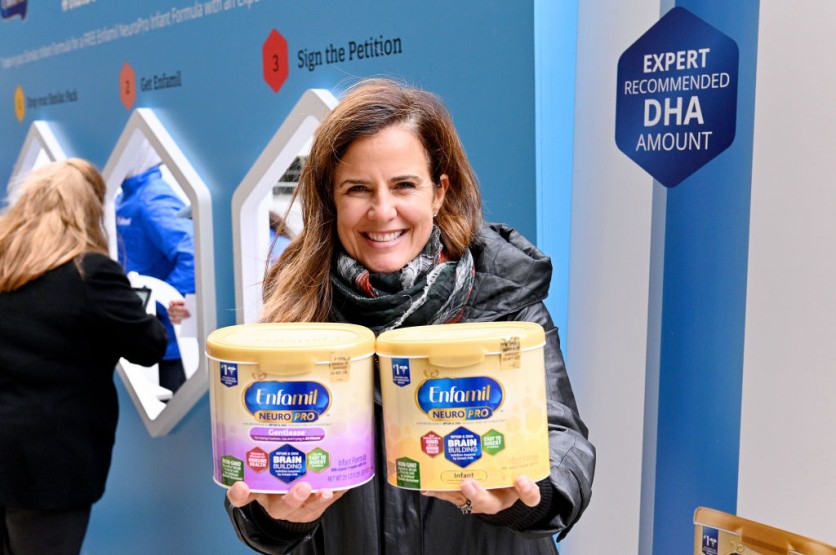Reckitt announced that they are recalling two batches of EnfamilProSobee Simply Plant-Based Infant Formula due to possible cross-contamination with Cronobacter sakazakii bacteria, as reported by ABC 7.

Tests for the product have resulted in negative results for the bacteria, and no illnesses were reported, but the recall is still a go as a cautionary procedure.
The recall involves 145,000 12.9-ounce cans of formula manufactured between August and September. These are the ones that are distributed across US, Guam, and Puerto Rico with a use-by date of March 1, 2024 on the bottom and codes ZL2HZF or ZL2HZZ.
The Cause of the Issue
The cause is linked to a third-party material. Reckitt has already taken proper actions, including no longer sourcing this material from the supplier.
The FDA is now working on a plan to improve their surveillance of baby formula for Cronobacter following the recent recalls and shortage.
Also read: Baby Formulas Shortage: Out of Stock Now, Rate Going up to 43% Nationwide
What Consumers Should Do
If you have this specific formula at home, throwing it out or returning it where you bought it in exchange for a refund is recommended.
Consumers should also be aware that the FDA is taking steps to increase surveillance of baby formula for Cronobacter, and they may want to check with their local health department or pediatrician if they have any questions about what kind of formula might be safest.
Parents can also take extra precautions when preparing infant formulas by always washing hands before handling it, discarding any unused portions after feeding time has passed, and making sure not to leave prepared bottles in a warm environment for too long.
The Dangers of Cronobacter
Cronobacter is a rare but serious infection that can cause serious health complications in infants, including meningitis, sepsis, and death.
It is important for parents to take the necessary precautions to ensure their baby's safety by following the instructions on the label of the baby formula and only using formula that is within its expiration date.
It is also important to practice good hygiene when preparing and feeding formula, such as washing hands and surfaces before and after contact with the product.
Parents should also be aware of the signs and symptoms of Cronobacter infection, which can include fever, vomiting, diarrhea, lethargy or irritability. If any of these occur in an infant who has recently consumed formula contaminated with Cronobacter bacteria it is important to seek medical attention immediately.
It is also important for parents to always store baby formula properly according to the instructions on the label and keep it away from sources that could contaminate it such as pets or other food products.
Additionally if a parent notices any changes in color or texture when preparing formula they should discard it right away as this may indicate contamination by harmful bacteria like Cronobacter sakazakii.
Related article: Analysis Of FDA Data Shows Presence Of Lead In Baby Food Samples As Hidden Health Threat





![Most Useful Google Chrome Keyboard Shortcuts You Need to Know to Improve Your Browsing Experience [2024]](https://d.techtimes.com/en/full/449047/most-useful-google-chrome-keyboard-shortcuts-you-need-know-improve-your-browsing-experience-2024.jpg?w=184&h=103&f=476d29fd60df70a67f6679f99a2ca6d0)